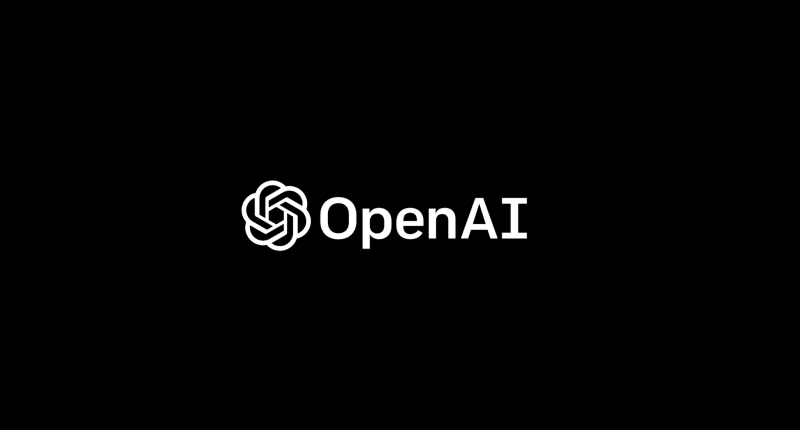OpenAI has acquired Roi, a two-year-old personal finance app powered by artificial intelligence (AI), as part of its growing focus on building personalized consumer experiences. Roi (which launched in 2022) allowed users to manage their financial portfolios by combining information from assets like stocks, real estate, cryptocurrencies, decentralized finance holdings, and NFTs. The app also featured an AI assistant that adjusted its tone and style of advice based on the user’s preferences, ranging from formal guidance to casual, humorous responses.
Following the acquisition, Roi’s service will shut down on October 15, 2025, and only its co-founder and CEO, Sujith Vishwajith, will join OpenAI, while the rest of the small team will not make the transition. Also, the companies have not disclosed the financial terms of the deal.
Roi had gained early attention in the fintech and AI communities for its unconventional approach to financial management. Unlike traditional personal finance apps that focus on charts, dashboards and alerts, Roi claims to be focused on interaction. It featured an AI companion that not only explained financial insights but also adapted its tone to match the user’s personality. Users could choose to receive advice in a formal, data-heavy style, or they could opt for more casual, playful interactions.
The app raised about $3.6 million from investors, including Spark Capital and Gradient Ventures. However, despite the innovation, Roi struggled to scale in a crowded fintech space where trust, compliance and customer acquisition are constant hurdles.
Meanwhile, for OpenAI, the deal is not really about keeping Roi running as a separate app but about learning from its ideas and approach. Actually, by bringing in Roi’s founder, Sujith Vishwajith, the ChatGPT maker gains someone who knows how to turn complicated financial data into clear, easy-to-understand advice. He also built an AI system that could change its style and personality to match each user. These skills fit closely with the AI giant’s bigger goal of creating AI tools that are not just smart, but also feel natural, personal and human to interact with.
The development is a part of a trending ‘acqui-hire’ pattern in the AI industry, which OpenAI has also frequently adopted in recent months. Earlier this year (2025), the company had already brought in teams from startups like Context.ai and Crossing Minds, both of which specialized in personalization and recommendation systems. Even last month, the AI trendsetter acquired Statsig (a product-testing startup) for $1.1 billion.
But despite these efforts, the Sam Altman-led company’s push to personalize AI faces serious challenges and controversies. In December 2024, Italy’s data protection authority fined the company €15 million for violations of the General Data Protection Regulation (GDPR), citing issues with transparency and the lawful processing of personal data. Even in March 2025, an investigation by WIRED revealed that the company’s video generator tool, Sora, often produced outputs that supported sexist and racist stereotypes, raising concerns about the ethical implications of AI-generated content.
The Tech Portal is published by Blue Box Media Private Limited. Our investors have no influence over our reporting. Read our full Ownership and Funding Disclosure →






